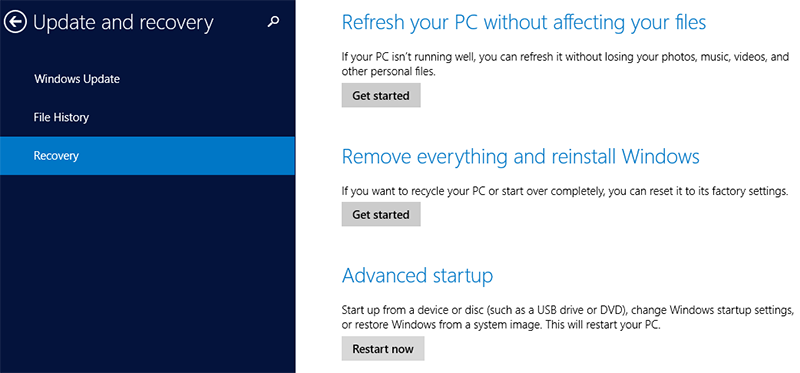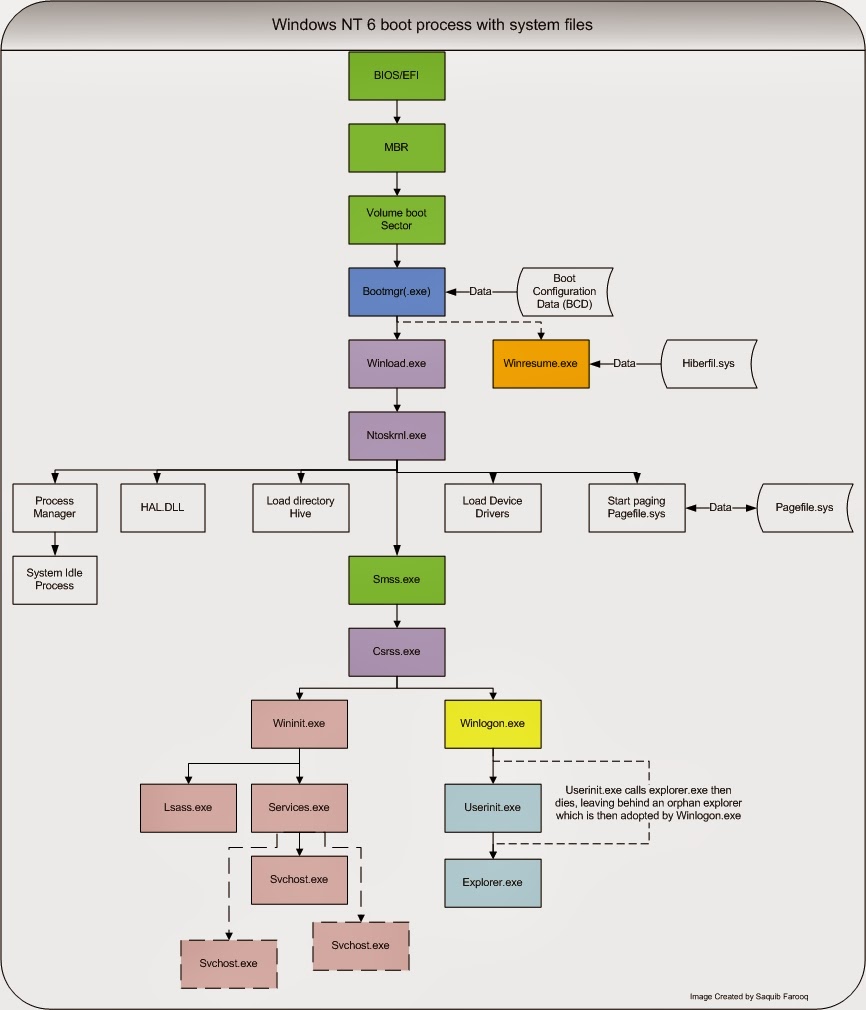


Starts Windows with basic services and drivers and the other services and startup programs that you select. This mode can help rule out basic Windows files as the problem. Starts Windows with basic services and drivers only. Use this mode to start Windows after you're done using the other two modes to troubleshoot the problem. Lists choices for startup configuration modes: ▲ Back to the top ▲ 2a.) Info: Normal-, Diagnostic-, Selective-, Startup in Windows-8. see Image-1 Arrow-3) to start Save Boot click or tap "Apply" (. see Image-1 Arrow-2) Startup Selection (. In System Configuration select General (. When this option is selected, you can't roll back your changes by selecting Normal startup on the General tab.Ģ.)Normal-, Diagnostic-, Selective-, Startup in Windows-8. Options can be changed later using System Configuration, but must be changed manually. Doesn't track changes made in System Configuration. Shows driver names as drivers are being loaded during the startup process.

This loads standard VGA drivers instead of display drivers specific to the video hardware on the computer. On startup, opens the Windows graphical user interface in minimal VGA mode. Stores all information from the startup process in the file %SystemRoot% Ntbtlog.txt. Does not display the Windows Welcome screen when starting.

On startup, opens the Windows graphical user interface in safe mode running only critical system services. On startup, opens the Windows graphical user interface in safe mode running critical system services and Active Directory. Networking and the graphical user interface are disabled. On startup, opens the Windows command prompt in safe mode running only critical system services. On startup, opens the Windows graphical user interface (Windows Explorer) in safe mode running only critical system services. Shows configuration options for the operating system and advanced debugging settings, including: ▲ Back to the top ▲ 1a.) Info about Windows 8 in Safe Mode (Safe boot).


 0 kommentar(er)
0 kommentar(er)
